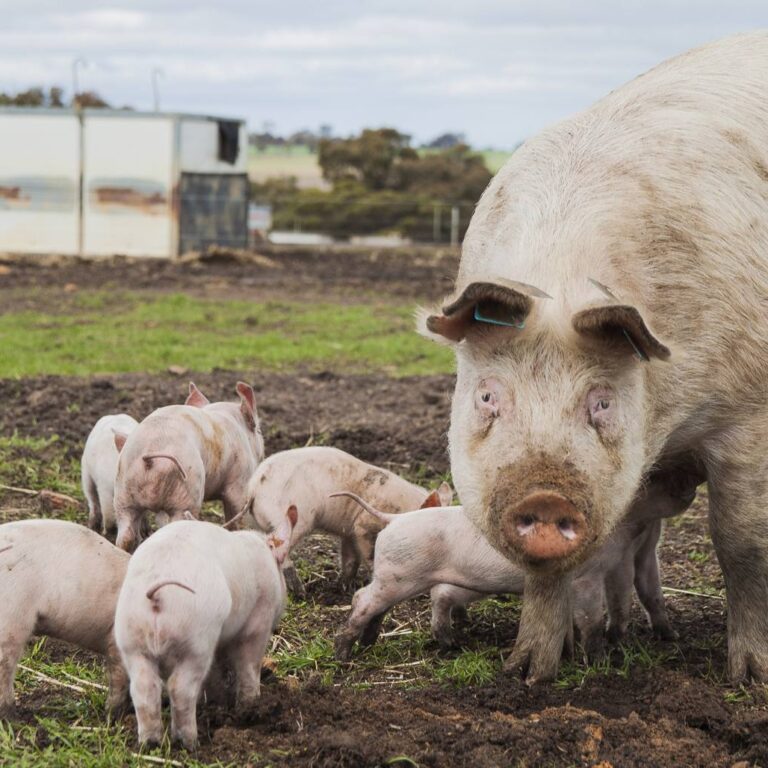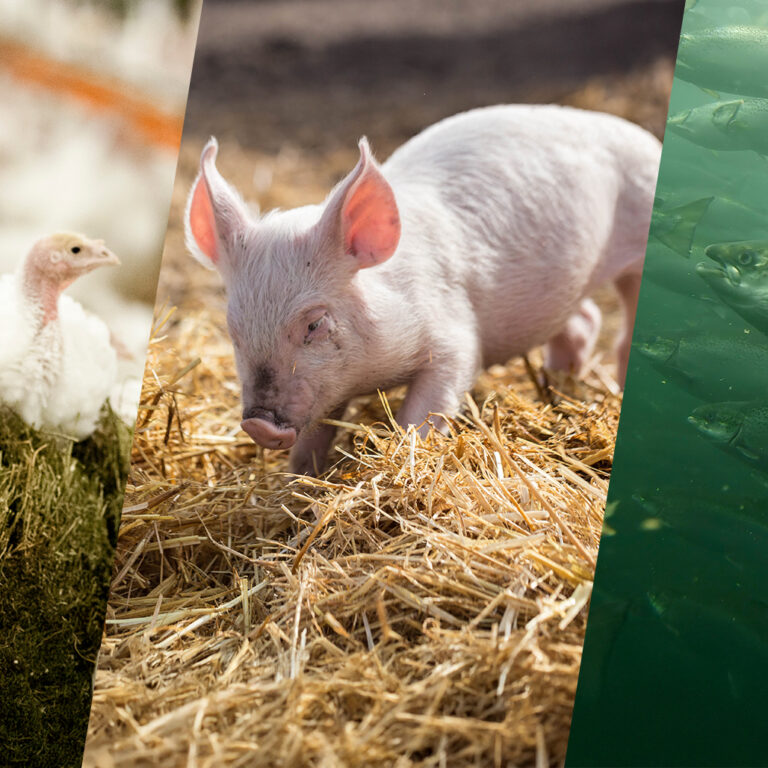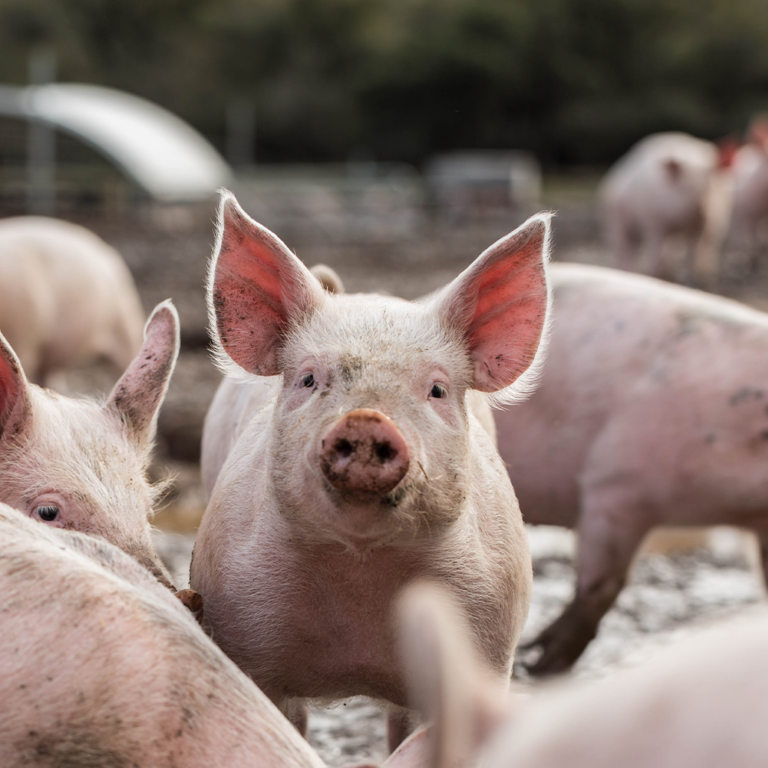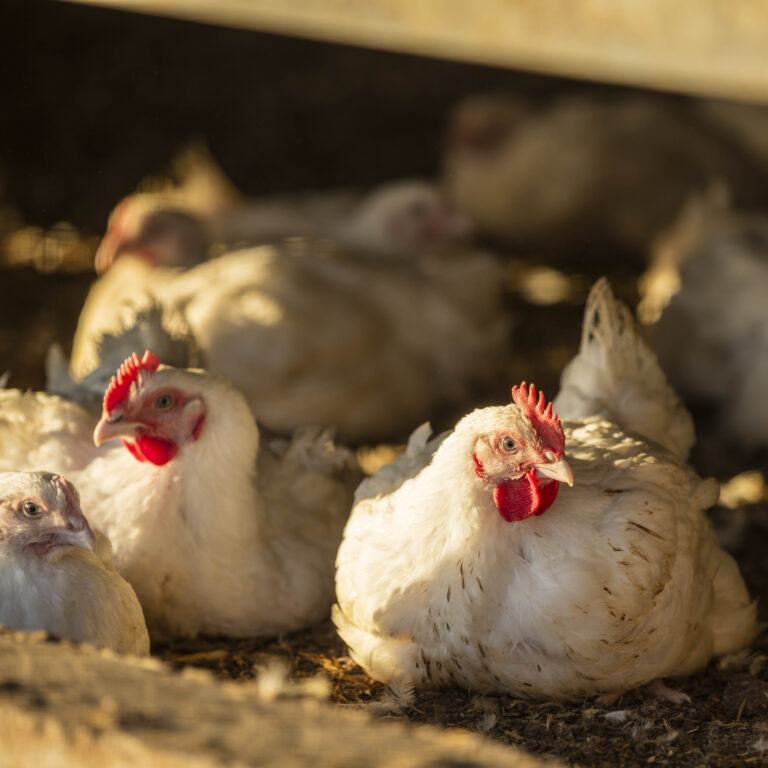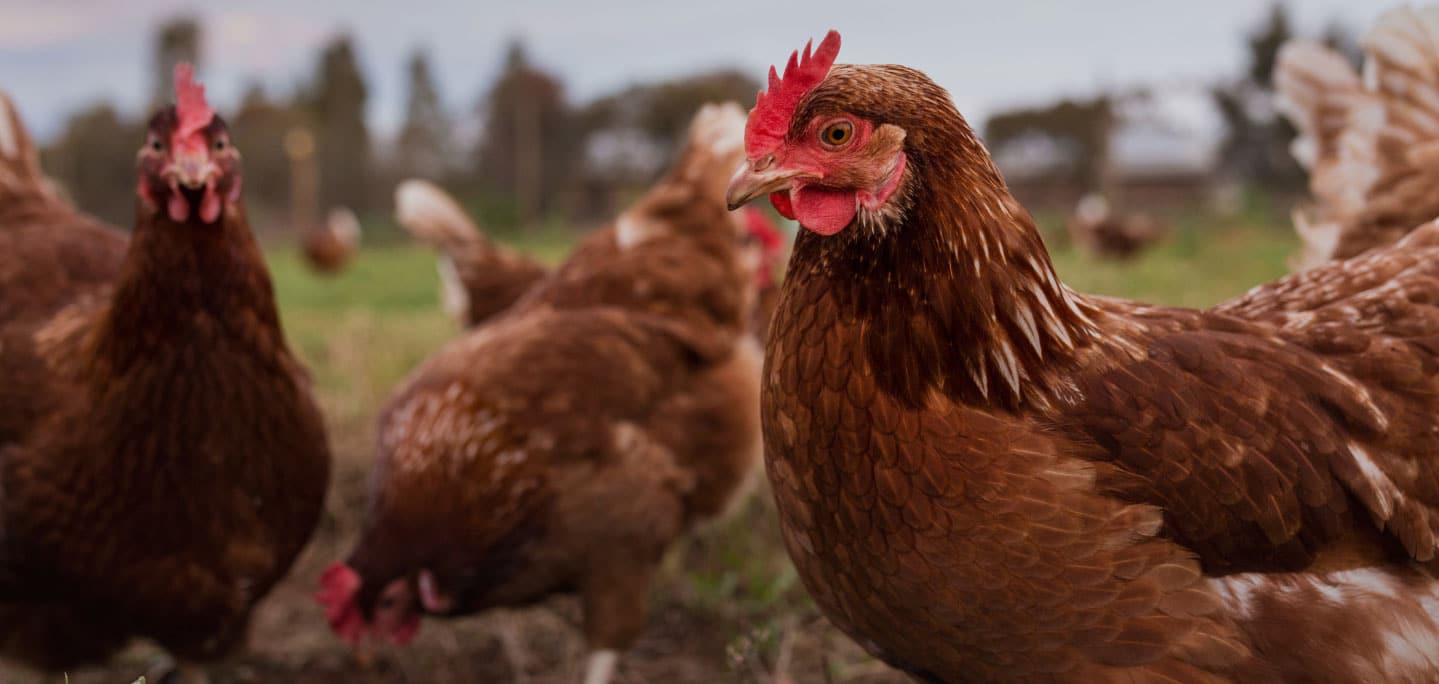The RSPCA has a long history of working to improve conditions for farm animals. Regardless of people’s personal choices about eating eggs and meat, the RSPCA believes we can do far more to improve how farm animals are treated today, by getting involved in the process and encouraging governments and industries to implement better animal welfare standards on farm.
So what is humane food?
To put it simply, the RSPCA doesn’t think the law goes far enough when it comes to the treatment of farm animals. Production standards on higher welfare farms go above and beyond those required by law, and animals are raised with consideration of their needs as living, feeling beings. For Australia’s most intensively farmed animals – hens (that produce eggs), chickens (that produce meat) and pigs – it means raising these animals in environments that enable them to express natural behaviours.
It’s important to note that farming animals with a focus on their welfare is going to cost more. This is because it inevitability involves more resources, like time from farmers, more space (or fewer animals) and additional housing comforts, like perches for birds and straw for pigs. So, if humane food is important to you, vote with your wallet and make sure you’re supporting those farmers doing good things.
Here, we’ve taken a look at the products that are popular in the trolley of many Australians and what the animals that produce these products need to live a good life.
Eggs
Whether in a barn or with access to the outdoors, for good animal welfare, hens need the freedom to move, flap their wings, scratch, dust bathe and lay their eggs in a nest. Providing an environment with nest boxes, perches, good quality litter covering the floor and objects to peck at means the needs of these smart and curious animals can be met and they can express natural bird behaviours. For hens with access to the outdoors, it’s very important that birds are provided with easy access to an attractive range area with plenty of overhead cover to provide shade and protection from predators.
Chicken
Chickens farmed for their meat spend the majority of their lives inside a shed – even free-range chickens – so it’s very important they have a good indoor environment. For good animal welfare, chickens need space and encouragement to be active during the day and be able to rest every night. Providing an environment with adequate light and dark periods, perches, good quality litter covering the floor and objects to peck helps birds build muscles in their legs which is very important as they grow and put on weight.
Pork
In Australia, the most common way to raise pigs is very intensive and raises serious welfare issues. Pigs are known to be smart and inquisitive animals and even sow-stall free products don’t always protect these creatures from a life of confinement in barren pens. For good animal welfare, pigs need space to explore, forage, play and socialise. They also need good quality bedding for a dry and comfortable place to rest, and sows should have the opportunity to build nests for their young. Painful husbandry practices like teeth clipping, tail docking and surgical castration without pain relief shouldn’t be performed.
Fish
Did you know that fish are farmed too? This means that like other farm animals we have a responsibility to avoid farming practices that might cause them pain, suffering or distress. Scientific research shows that fish are capable of feeling. For good fish welfare, they need to be given the space and opportunity to express their instinctive behaviours, to swim effortlessly and swim together in groups (or schools as they are called). To be comfortable, they also need a good amount of oxygen in the water, and to remain free of deformity and disease. .
What to look for
Good animal welfare and better quality of life are not achieved through just one aspect of farming, such as outdoor access or stocking density. Rather, they rely on a combination of factors, including good stockpersonship and housing which are part of the RSPCA’s detailed animal welfare standards for its farm assurance program, the RSPCA Approved Farming Scheme.
Currently, the RSPCA Approved Farming Scheme has standards for hens, chickens, pigs, turkeys, dairy veal calves and farmed Atlantic salmon. Through the Scheme, the RSPCA works closely with farmers, who have to meet a robust compliance program with thorough and regular assessments of farms against the RSPCA’s standards – these products supply a number of brands and are labelled with the RSPCA Approved logo.
Do you have a question or are interested to hear more from us on these topics? Let us know in the comments.
**
Find out more about the RSPCA Approved Farming Scheme – including information about the RSPCA’s detailed animal welfare standards and where to find RSPCA Approved products.
Want more? How does Australian farm animal welfare stack up?

